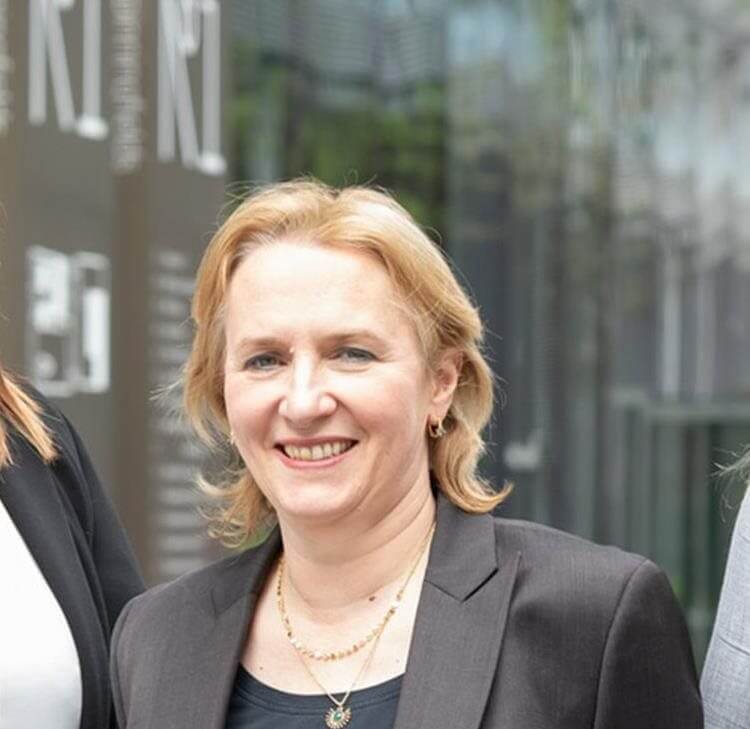CQC’s strategy from 2021 launch - an interesting start but much more to come
The Care Quality Commission (CQC) has launched its new strategy. So what are the headlines?
- Their regulation will be much less inspection-reliant with more focus on data and feedback from people’s experience of services
- Ratings will be updated more regularly, not always requiring an inspection
- Inspection results will be more accessible, presenting more data and less narrative
- CQC will share more of the information it gathers proactively. This will include publishing certain metrics at provider level as well as action plans developed by services to address CQC concerns
- There will be a much greater focus on learning and improvement with open and honest cultures within provider organisations
- The CQC wants to play a part in making health and care systems work for everyone, not just focus on individual providers. This will include developing ‘national improvement coalitions’ and sources of ‘direct, tailored, hands-on support’ for providers
What’s next?
The strategy heralds wholesale changes to the way the CQC interacts with health and care providers day-to-day. It seems to us that this will necessitate (at a minimum):
- A new inspection framework, including revised (and CQC say clearer) definitions of ‘Good’ and ‘Safe’ care
- A new Scope of Registration guidance document, or even changes to the relevant regulations, if CQC really are to keep pace with changes in the health sector
- New ways of collecting data much more regularly from providers. It is to be hoped that this develops further than the recently trialled provider information returns, which clients tell us is burdensome to complete
- Development of new ways to collect information about service user experiences, particularly for those with communication challenges. In learning disability and autism services, in particular, we expect to see a more defined method of judging individuals’ experiences of their care
What should health and care providers do now?
We have identified some areas for providers to be aware of immediately:
- Greater reliance on service user and care worker feedback creates the risk that the story told is affected by how that feedback is obtained. Providers should take ownership of that process by gathering and learning from that feedback more proactively.
- Similarly, greater public sharing of data will only produce fairness if all providers are equally adept at providing truly representative data. Providers should take care in how they present data that might, when compared to others who take a different approach, create reputational risks. CQC is promising to publish analysis and benchmark data. It will be vital for services to understand how they are performing against those benchmarks.
- More clearly defining expectations can have the unintended consequence of creating one-size-fits-all regulation, especially where inspectors do not have a detailed understanding of services. Specialist or innovative providers should engage as much as possible with their local inspectors to mitigate this risk
- Stay up to date with developments in the coming months. We would love to help you do this, but in any event it will be vital to stay on top of changes that could affect your service.
System-level regulation
The CQC’s new ‘core ambitions’ are ‘Assessing local systems’ and ‘Tackling inequalities in health and care’. This emphasises how much they are aiming to move beyond just provider-by-provider regulation to play a role in making the whole health and care system work better and work for everyone. Much of this will come from the powers due to be bestowed on CQC in the Health and Social Care Bill. This should be welcomed by those who have said that CQC’s decisions over recent years have demonstrated a lack of a ‘big picture’ view.
Inspections
The strategy does not mean the end of CQC inspections, but they are to be dramatically reduced in frequency and scope, targeting identified risks and tasks that cannot be carried out remotely. This fits with the CQC’s stated aim to reduce the workload created by its regulation and support services by being more constructive and helping them identify problems early. It remains to be seen whether this is achieved with concerns remaining over some aspects of the new approach. It will be reliant on finding digital solutions for collecting information that take account of the diversity in how services operate and the systems they use.
Where inspections are carried out, providers should expect that they will be challenging and prepare accordingly. It is often said that a CQC inspector’s first impression can set the stage for a whole inspection process. Increasingly, that first impression will have been formed before the inspection even commences as most inspections will be prompted by identified risks.
Improving relationships with providers
Perhaps even more welcome should be CQC’s drive to improve its relationship with those it regulates. Providers tell us that CQC decisions are often hard to understand, appear to lack a real understanding of their services and, above all else, are wildly inconsistent. If CQC really can develop “ongoing, collaborative relationships” from the point of registration “built on openness and trust” it would amount to a true revolution in the way health and care is regulated and operates. To be achieved, that openness and trust must go both ways, with the CQC recognising that almost all health and care services and businesses exist to provide high quality care and have expertise that the CQC can learn from as well as scrutinising.
Much still to do
The strategy mostly defines broad ambitions for the CQC – a direction of travel. In many areas the detail of how that will be delivered is absent. The CQC’s response to its consultation feedback acknowledges this lack of detail and promises to work together with stakeholders to develop it. In fact, the strategy is littered with references to ‘identifying’ new ways of working, ‘changing’, ‘investing’, ‘developing’, ‘building’, ‘improving capacity’ and ‘working with partners’.
The CQC also acknowledges that it perhaps does not have the expertise to fully deliver on the strategy at present and has promised to invest significantly in ‘tools’ and training to address this. They are also promising to develop a process through which they can better understand what impact their actions have. If effective, this should be both welcomed and enthusiastically engaged with by providers.
Contact

Carl May-Smith
Barrister (Partner)
carl.may-smith@brownejacobson.com
+44 (0)115 934 2024








































